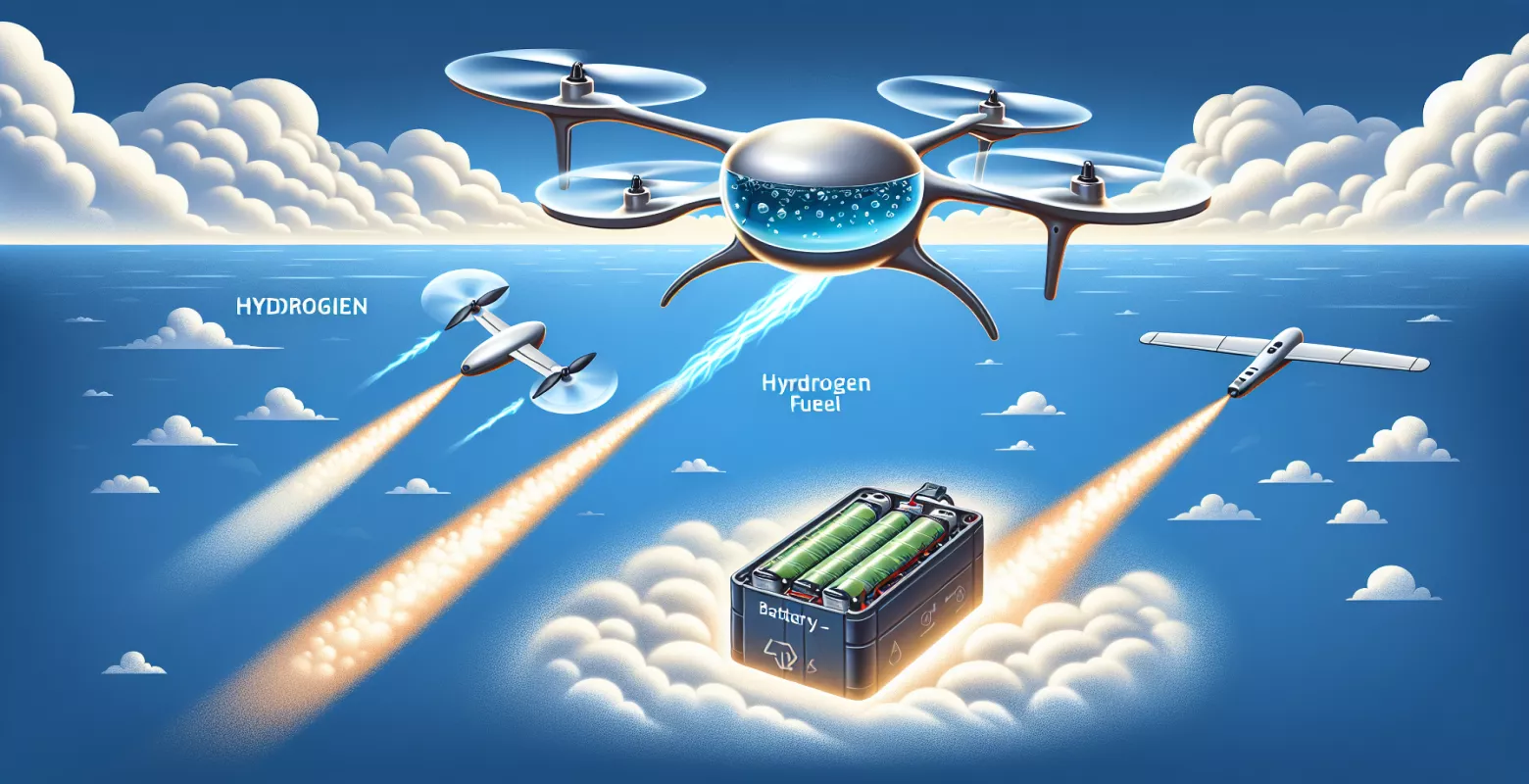The future of regional passenger flights
Introduction
In the era of globalization and rapidly developing economy, regional passenger flights play a crucial role in connecting smaller cities with larger urban centers and international airports. These connections not only support the economic development of regions but also enable residents to have easier access to a variety of professional and educational opportunities. In this article, we will look into the future of regional passenger flights, analyzing both current challenges and potential directions for development.
Significance of Regional Passenger Flights
Regional passenger flights are an essential element of the transportation infrastructure, allowing for fast and efficient travel between cities and regions. They make it possible to shorten travel time, which is crucial in the context of contemporary market demands and consumer expectations. Furthermore, the development of regional air connections contributes to the growth of tourism and trade, which in turn supports the local economy.
It is also worth noting that regional airports often serve as hubs that enable passengers to further travel to larger cities or abroad. Therefore, their significance goes beyond the local context, influencing the entire transportation network of the country.
Challenges Faced by Regional Passenger Flights
Despite numerous advantages, regional passenger flights encounter many challenges. One of the main issues is the need to ensure the profitability of such connections. It often happens that the number of passengers is insufficient to cover operational costs, leading to the necessity of subsidizing these connections by governments or local authorities.
Another significant challenge is the impact of aviation on the environment. In the face of increasing ecological awareness in society, airlines must seek ways to reduce CO2 emissions and other harmful substances. The introduction of more environmentally friendly technologies, such as electric aircraft or biofuels, is crucial for the future of regional flights.
New Technologies and Innovations
The development of technology plays a key role in shaping the future of regional passenger flights. One of the most promising directions is the development of electric aircraft, which can significantly reduce operational costs and environmental impact. Companies such as Airbus and Boeing are already working on prototypes of such machines, which in the future may become widely used in short-haul flights.
Another interesting trend is the development of autonomous aircraft, which can revolutionize the way aviation operations are conducted. By employing advanced artificial intelligence systems, it will be possible to reduce the number of crew members on board, thereby affecting the reduction of operational costs.
Impact of the COVID-19 Pandemic
The COVID-19 pandemic had a huge impact on the aviation industry, including regional flights. During lockdowns, many connections were suspended, and the number of passengers drastically decreased. However, over time, as the situation began to stabilize, regional air connections turned out to be among the first to rebuild. This is because short-haul flights are often preferred by passengers who want to avoid long international journeys.
In response to the pandemic, airlines were forced to implement new safety standards, such as regular disinfection of aircraft, mandatory mask-wearing, or reducing the number of passengers on board. These precautionary measures may influence the future of regional flights, shaping new travel standards.
Perspectives for the Future
The future of regional passenger flights seems promising, despite many challenges. Investments in modern technologies will be crucial to increase operational efficiency and reduce environmental impact. Introducing new, more environmentally friendly aircraft, as well as developing airport infrastructure, will be crucial for the further development of this industry.
International cooperation will also be an important element, allowing for the exchange of experiences and best practices. This will enable the development of common safety and environmental standards that will contribute to the sustainable development of regional aviation.
Summary
Regional passenger flights play an important role in the global transport network, providing fast and efficient connections between cities and regions. Despite numerous challenges, such as ensuring profitability or environmental impact, the future of this aviation sector seems promising. With modern technologies and innovative solutions, regional passenger flights will be able to meet the expectations of contemporary travelers while fulfilling the requirements of sustainable development.
Taking appropriate actions now, such as investing in technological development and international cooperation, will enable the further dynamic growth of this industry, bringing benefits to both local communities and the global economy. Are you ready to support this development? If so, remember that every action, no matter how small, matters.







Number of comments: 0